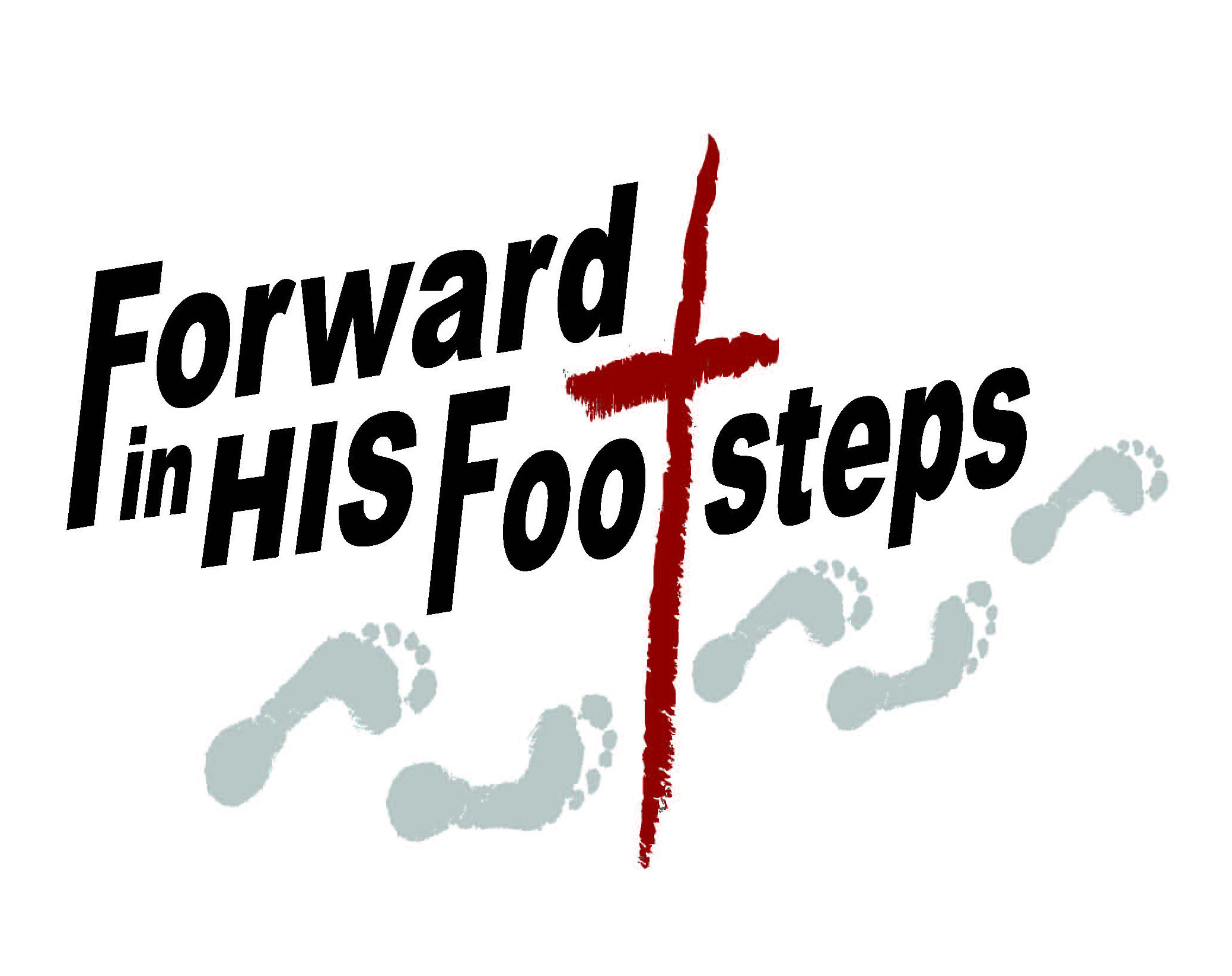
Dec 19, 2012
Which Way is Forward?
By Ralph Mackintosh
January is a time when many people look to make changes in their lives. They want to move their lives forward, try something new or make a fresh start. A multitude of New Year’s resolutions are made and often rapidly broken as individuals try to correct perceived bad habits, improve their lives and find a new path.
Some people may know they want to change but are uncertain what exactly needs to change or how to go about implementing the change. There is even a growing field of counselors calling themselves “Life Coaches” who are dedicated to helping people evaluate their lives and find the right direction to move.
We all want to move forward, however the big question is, “Which way is forward?” When I selected the theme for the Conference year, “Forward In His Footsteps,” I didn’t know with certainty what direction Seventh Day Baptists should be moving. (And I still don’t have all the answers.) But I did know that whatever direction we were to move, it needed to be God-inspired and God-directed.
A couple of individuals asked me why I chose the book Experiencing God to go along with the “Forward” theme. They wanted to know the connection. The answer is found by asking, “Which way is forward?”
Knowing we want to make progress and change is a healthy first step. But it’s necessary to know what direction to move if we want to be effective in that changing and growing. If our progress is to be God-inspired and God-directed, then we have to spend time discovering what God’s will is.
There may be times when God hits us with an instant lightning bolt of revelation on His way forward, but most of the time we need to be seriously seeking, praying and searching to discover where He wants to lead us.
One of the U.S. Presidential candidates in the 2012 elections used the word “Forward” in his campaign theme. The problem that became readily evident, however, is that the country is very divided on which way is forward. What was seen as “forward” to one group was seen as detrimental for the country to another group. Both candidates presented very contrasting viewpoints for how our society should be structured, and the role of government. The social policies proposed were called “forward progress” by both men.
Unlike political parties, Christians shouldn’t have to endlessly debate over which direction we see as progress—even though the Christian Church, in general, spends too much of its time in this activity. We should have a major advantage since we have both an example of the path we are to follow, as outlined in the Bible, and the promise of a Holy Spirit to guide us.
When we have confusion about the direction the Church should be moving, is it God’s fault because He doesn’t know which direction is forward, or is it our fault because we haven’t spent the time to discover His will for our denomination, our churches and our individual lives? Undoubtedly God has the perfect plan for our churches and denomination, and our job is to open ourselves to His revelation and direction.
As you and your church are finishing your study through Experiencing God, I hope that you are spending time seeking to know His will, looking for where He is already working in your community, and praying that He will lead you Forward In His Footsteps.

